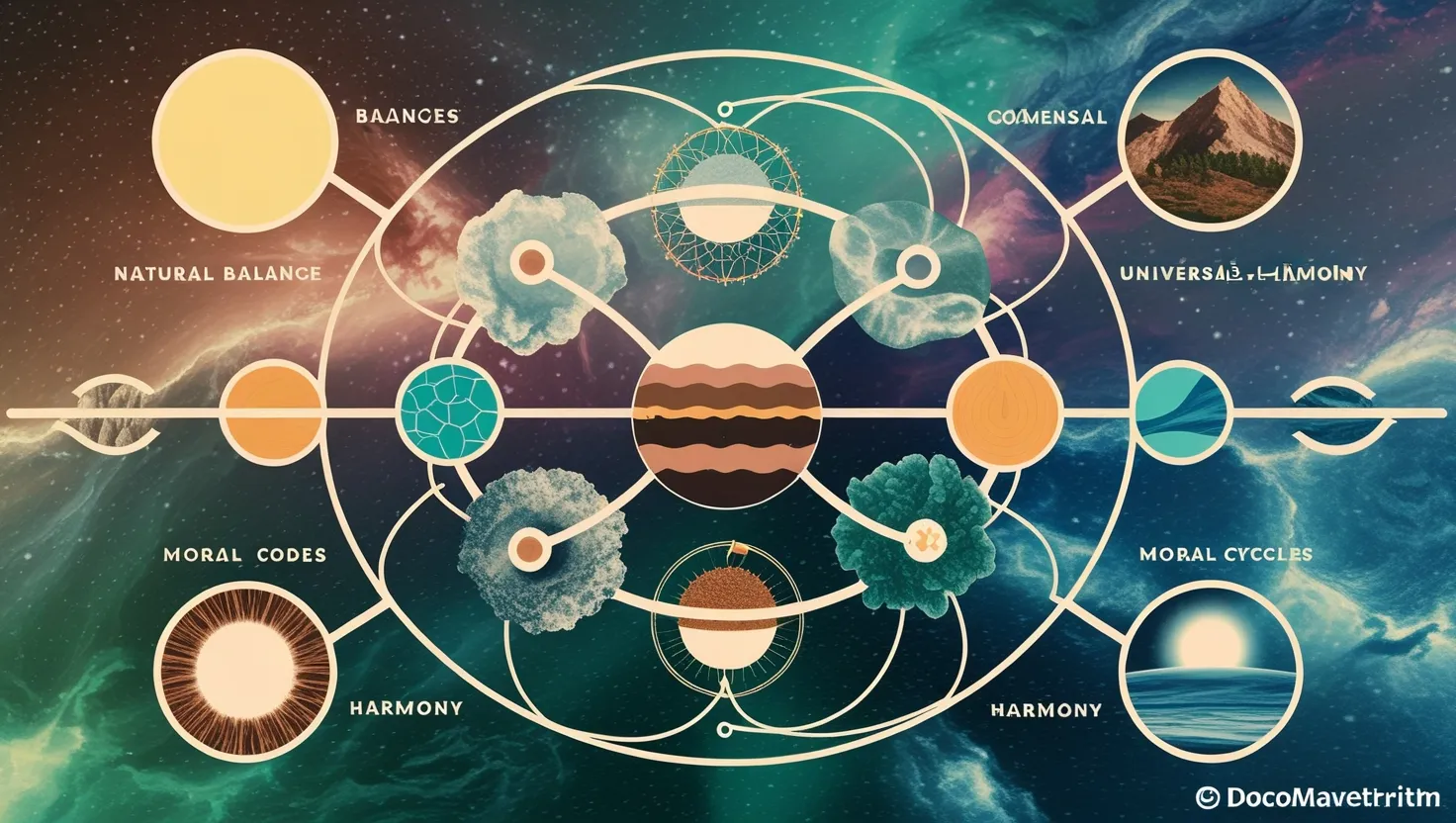The Mahabharata, one of ancient India’s greatest epics, weaves tales of valor, destiny, and timeless lessons. Among its numerous stories, the narrative of King Pandu and his wife Madri is one of profound love, unforeseen curses, and tragic twists.
Now, let’s dive into this poignant saga. Pandu, often known as the Pale King, wasn’t just a ruler; he was a mighty warrior and an unmatched archer, leading the kingdom of Kuru. But, his life took a dark turn because of a curse that would eventually shape his fate.
The curse on Pandu emerged from an unfortunate incident involving Sage Kindama. It all began when Pandu, out hunting, unknowingly shot arrows at two deer in a private moment. But these weren’t ordinary deer; they were the sage Kindama and his wife, disguised. With his dying breath, the sage cursed Pandu, stating that he would meet instant death if he ever approached his wives with the desire for intimacy.
Despite this eerie curse hanging over him, Pandu’s life went on, marred by this looming threat. He married Kunti, a noble princess, but fate played its hand again when Kunti couldn’t bear him children. So, Pandu took another wife, the graceful Madri, daughter of King Shalya. Yet, she too remained childless, keeping Pandu’s deep yearning for an heir unfulfilled.
Accepting his grim reality, Pandu decided to renounce the splendor of his royal life, retreating to the wilderness with Kunti and Madri. The curse weighed heavy on his heart, making him believe he would never father a child. However, Kunti harbored a secret powerful enough to alter their destinies.
Before her marriage, Kunti had impressed the often-ill-tempered rishi Durvasa with her impeccable hospitality. Pleased, he granted her a unique mantra that could call upon any god, who would then bless her with a child. Curious and anxious, Kunti tested this by summoning Surya, the sun deity, leading to the birth of her first son, Karna.
Realizing the mantra’s true potential, Kunti later summoned other gods, giving birth to four more sons: Yudhishthira, Bhima, Arjuna, and Nakula. And Let’s not forget Madri, who also used the mantra to bear two sons, Sahadeva and Lakshmana. Despite their peculiar origins, all seven sons grew up together, celebrated as the Pandavas.
Then came a spring day filled with beauty and trepidation. Wandering through the forest in fresh spring bloom, Pandu found himself enraptured by Madri’s charm. The sight of the forest’s vibrant flowers and the dazzling Madri was too much for him. Ignoring Madri’s desperate pleas to remember the adept’s curse, he succumbed to his desires.
As fate would have it, the moment Pandu touched Madri, he perished, just as the curse foretold. Overcome with grief and unable to bear the thought of life without her husband, Madri chose to join Pandu on his funeral pyre, leaving behind a legacy of love and sacrifice.
Witnessing these tragic events, the wise men of Mount Shatashringa decided that the sons of Pandu should not remain in the wilderness. Kunti and the children were escorted back to Hastinapura, their kingdom’s capital.
Upon their return, grand funeral rites were held in memory of Pandu and Madri. Their passing was followed by solemn feasts and days of mourning. The sage Vyasa, seeing the deeper currents of destiny, advised Pandu’s grieving mother, Satyavati, to retreat into the forest away from the palace’s hustle, foreshadowing harder times. Accepting this counsel, Satyavati, along with Ambika and Ambalika, withdrew to a life of asceticism until their eventual demise.
Through their sons, Pandu and Madri’s legacy continued. The Pandavas, raised with care and equal affection by Kunti, grew amidst an intricate family dynamic, alongside their cousins, the Kauravas. This familial tension would later erupt into the epic Kurukshetra War, a central event in the Mahabharata.
Reflecting on Pandu and Madri’s tale offers a timeless lesson on the power of destiny and the far-reaching impacts of one’s actions. Despite all attempts to lead a simple life in nature’s lap, they couldn’t escape the curse’s clutches. Yet, their enduring love and the sons they left behind carved out a significant chapter in the epic.
In their tragedy, one finds a celebration of the human spirit, of bonds unbroken despite life’s vicissitudes. The story stands as a poetic reminder of love’s resilience and fate’s unyielding grip, resonating with us even today.






